DS Automobiles DS 7 vs Suzuki S-Cross - Differences and prices compared
Compare performance (130 HP vs 110 HP), boot space and price (41900 £ vs 21800 £) at a glance. Find out which car is the better choice for you – DS Automobiles DS 7 or Suzuki S-Cross?
Costs and Efficiency:
Price and efficiency are key factors when choosing a car – and this is often where the real differences emerge.
Suzuki S-Cross has a decisively advantage in terms of price – it starts at 21800 £, while the DS Automobiles DS 7 costs 41900 £. That’s a price difference of around 20160 £.
Fuel consumption also shows a difference: Suzuki S-Cross manages with 5.30 L and is therefore hardly perceptible more efficient than the DS Automobiles DS 7 with 5.50 L. The difference is about 0.20 L per 100 km.
Engine and Performance:
Power, torque and acceleration say a lot about how a car feels on the road. This is where you see which model delivers more driving dynamics.
When it comes to engine power, the DS Automobiles DS 7 has a slightly edge – offering 130 HP compared to 110 HP. That’s roughly 20 HP more horsepower.
There’s also a difference in torque: DS Automobiles DS 7 pulls evident stronger with 300 Nm compared to 235 Nm. That’s about 65 Nm difference.
Space and Everyday Use:
Cabin size, boot volume and payload all play a role in everyday practicality. Here, comfort and flexibility make the difference.
Both vehicles offer seating for 5 people.
In curb weight, Suzuki S-Cross is noticeable lighter – 1280 kg compared to 1651 kg. The difference is around 371 kg.
In terms of boot space, the DS Automobiles DS 7 offers noticeable more room – 555 L compared to 430 L. That’s a difference of about 125 L.
When it comes to payload, Suzuki S-Cross slight takes the win – 405 kg compared to 399 kg. That’s a difference of about 6 kg.
Who wins the race?
The Suzuki S-Cross proves to be is largely superior and therefore becomes our DriveDuel Champion!
Suzuki S-Cross is the better all-rounder in this comparison.
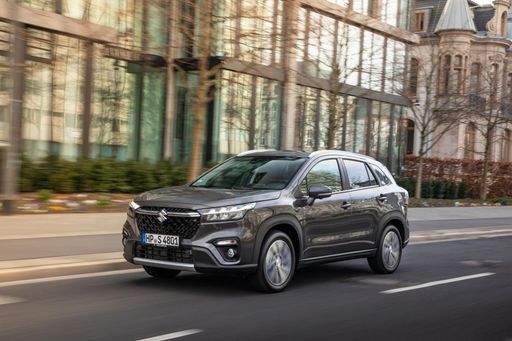
Suzuki S-Cross
Costs and Consumption
View detailed analysis
Engine and Performance
View detailed analysis
Dimensions and Body
View detailed analysis
DS Automobiles DS 7
The DS 7 wraps Parisian elegance into SUV practicality, with sculpted surfaces, a jewel-like grille and an interior that feels more boutique lounge than family transporter. It appeals to buyers who want style and comfort without shouting, delivering a refined ride and clever tech that make daily driving feel a little more special — and yes, it’ll turn heads in the school run.
details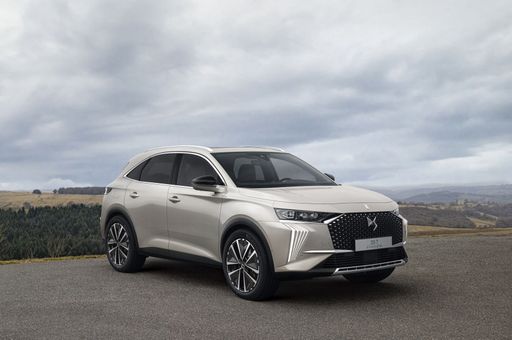
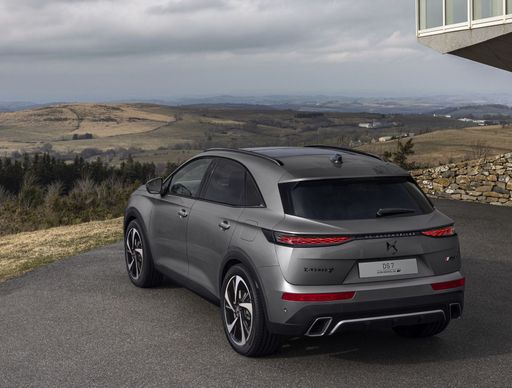
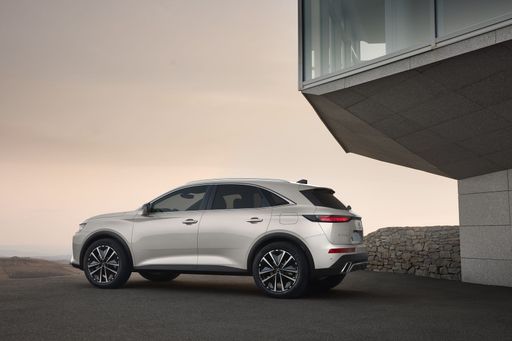
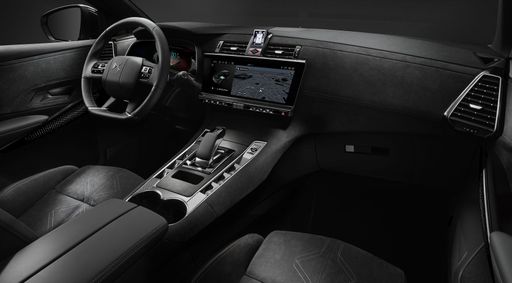
Suzuki S-Cross
The Suzuki S-Cross is a neatly packaged crossover that puts everyday practicality ahead of showy theatrics, offering a comfortable cabin and predictable handling that suit family life and weekend errands alike. It’s not a headline-grabber, but its sensible packaging, low-key charm and reputation for reliability make it a shrewd choice for buyers who prefer smart value over flash.
details
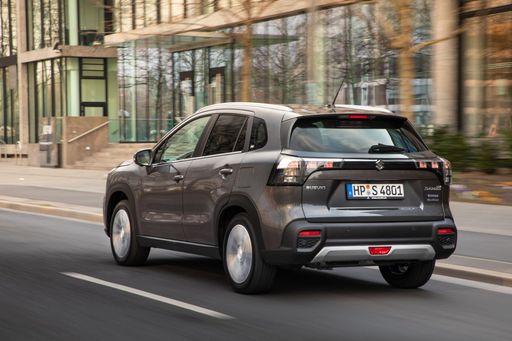
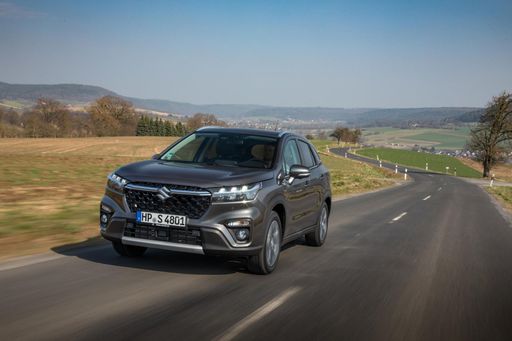
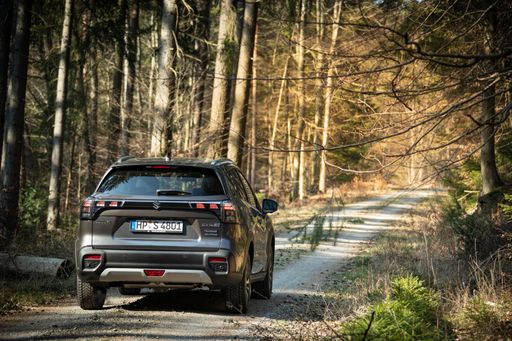
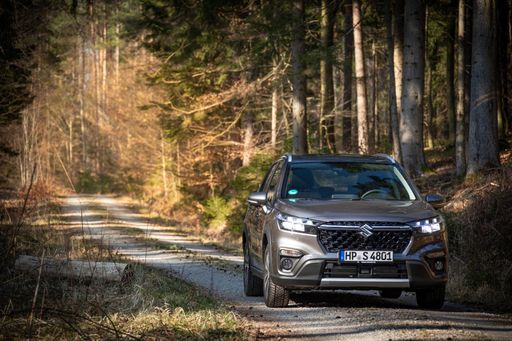
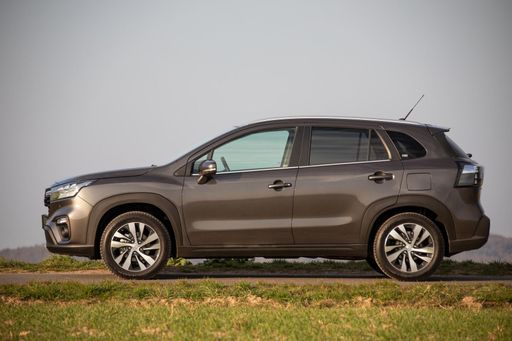
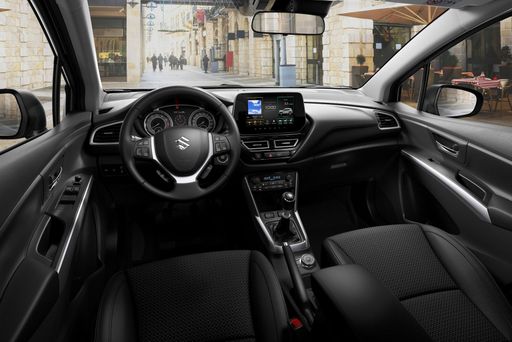
Costs and Consumption |
|
|---|---|
|
Price
41900 - 46100 £
|
Price
21800 - 34200 £
|
|
Consumption L/100km
5.50 L
|
Consumption L/100km
5.3 - 5.8 L
|
|
Consumption kWh/100km
-
|
Consumption kWh/100km
-
|
|
Electric Range
-
|
Electric Range
-
|
|
Battery Capacity
-
|
Battery Capacity
-
|
|
co2
145 g/km
|
co2
119 - 138 g/km
|
|
Fuel tank capacity
-
|
Fuel tank capacity
47 L
|
Dimensions and Body |
|
|---|---|
|
Body Type
SUV
|
Body Type
SUV
|
|
Seats
5
|
Seats
5
|
|
Doors
-
|
Doors
5
|
|
Curb weight
1651 kg
|
Curb weight
1280 - 1385 kg
|
|
Trunk capacity
555 L
|
Trunk capacity
430 L
|
|
Length
-
|
Length
4305 mm
|
|
Width
1891 mm
|
Width
1785 mm
|
|
Height
-
|
Height
1580 mm
|
|
Max trunk capacity
-
|
Max trunk capacity
1230 L
|
|
Payload
399 kg
|
Payload
395 - 405 kg
|
Engine and Performance |
|
|---|---|
|
Engine Type
Diesel
|
Engine Type
Petrol MHEV
|
|
Transmission
Automatic
|
Transmission
Manuel, Automatic
|
|
Transmission Detail
Automatic Gearbox
|
Transmission Detail
Manual Gearbox, Automatic Gearbox
|
|
Drive Type
Front-Wheel Drive
|
Drive Type
Front-Wheel Drive, All-Wheel Drive
|
|
Power HP
130 HP
|
Power HP
110 HP
|
|
Acceleration 0-100km/h
11.90 s
|
Acceleration 0-100km/h
-
|
|
Max Speed
-
|
Max Speed
180 - 185 km/h
|
|
Torque
300 Nm
|
Torque
235 Nm
|
|
Number of Cylinders
4
|
Number of Cylinders
4
|
|
Power kW
96 kW
|
Power kW
81 kW
|
|
Engine capacity
1499 cm3
|
Engine capacity
1373 cm3
|
General |
|
|---|---|
|
Model Year
2025
|
Model Year
2025
|
|
CO2 Efficiency Class
E
|
CO2 Efficiency Class
D, E
|
|
Brand
DS Automobiles
|
Brand
Suzuki
|
What drive types are available for the DS Automobiles DS 7?
The DS Automobiles DS 7 is available as Front-Wheel Drive.
The prices and data displayed are estimates based on German list prices and may vary by country. This information is not legally binding.




